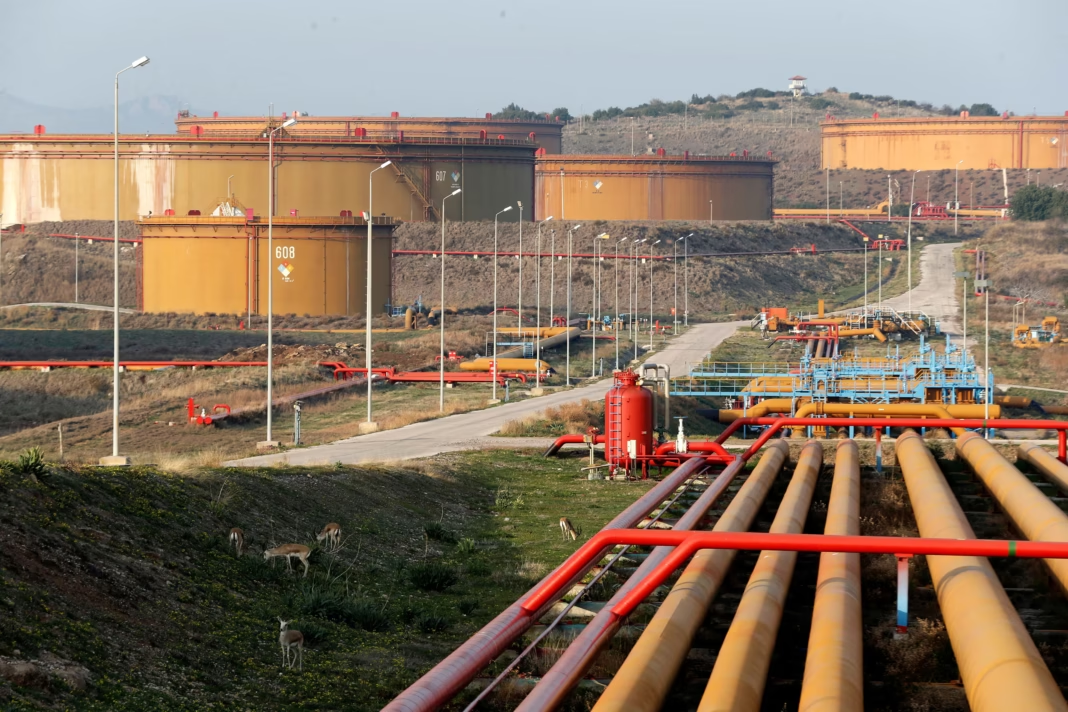Iraq pushes to restart oil exports through the Turkey-based Ceyhan port, highlighting the urgency of resuming halted crude flows. The Foreign Minister of Iraq met with Turkey’s foreign affairs official in Istanbul to accelerate discussions. This meeting happened during the 51st session of the Organization of Islamic Cooperation’s Foreign Ministers Council.
The two sides focused on restarting oil exports from Iraqi Kurdistan through the Iraq-Turkey pipeline. Since March 2023, crude exports have been paused due to financial and legal complications. This pipeline once handled around 0.5% of global oil supply.
Iraq pushes to restart oil exports, emphasizing the need for quick technical and administrative steps. According to the foreign ministry, Iraq is ready to resolve any pending issues. However, coordination with multiple parties remains crucial.
The disruption followed a ruling from the International Chamber of Commerce in Paris. The court found that Turkey breached a 1973 treaty by allowing oil exports without Baghdad’s approval. As a result, Turkey was ordered to pay $1.5 billion in damages to Iraq.
Although legislative procedures are ready, challenges remain. Disputes between oil companies, the Kurdistan Regional Government, and the federal government have stalled progress. Earlier attempts in March to resume oil flows failed twice in one week.
In February, Iraq revealed efforts to resolve technical hurdles with the KRG. The oil halt, now nearly two years long, has cost Iraq an estimated $19 billion in lost revenue.
Iraq pushes to restart oil exports by pushing for cooperation between stakeholders. The foreign ministry believes that with better coordination, oil can flow again soon. Officials continue to call for diplomatic and legal solutions to end the deadlock.
This ongoing issue underscores Iraq’s dependence on oil exports and its goal to stabilize economic recovery, especially as budget pressures grow and public service funding remains tightly linked to oil-generated revenue.





